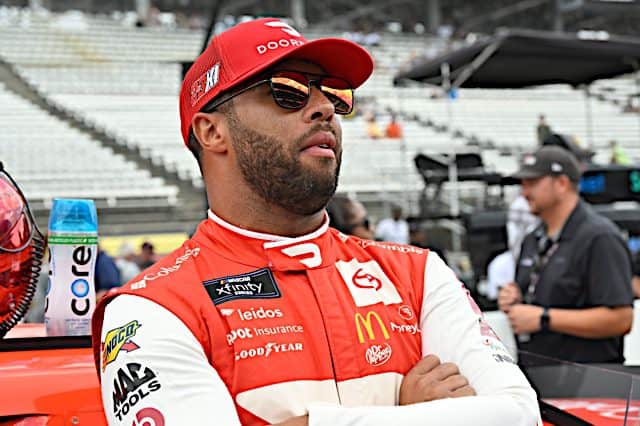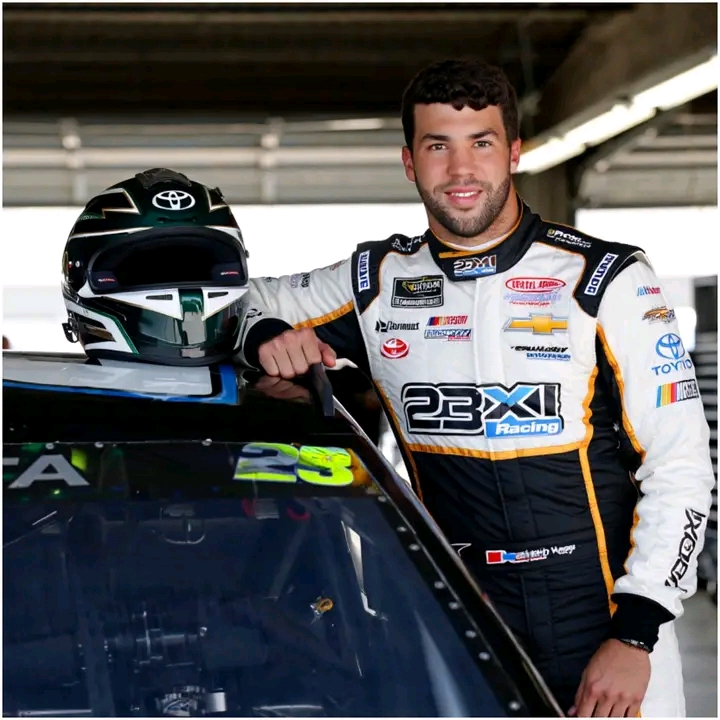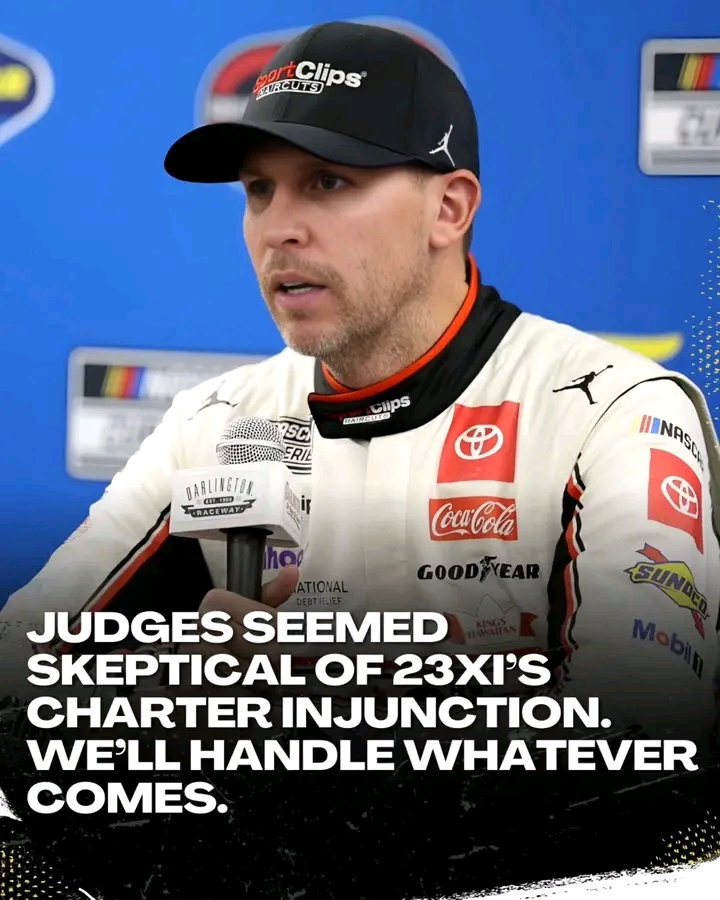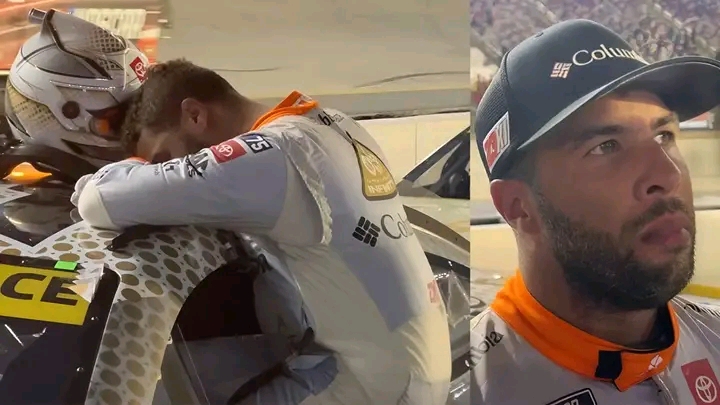NASCAR has always been a sport that thrives on intensity, speed, and emotions running high. However, recent events have raised eyebrows over NASCAR’s disciplinary decisions—especially regarding its only Black driver, Bubba Wallace. It appears that the governing body’s hammer doesn’t fall evenly across the board.
In October 2024, Wallace received a one-race suspension following an incident at Las Vegas Motor Speedway, where he intentionally wrecked Kyle Larson. It was the first driver suspension for on-track conduct since 2015, when Matt Kenseth was punished for a similar offense. Yet, in an environment where aggressive driving is a norm, Wallace’s punishment stood out, igniting conversations about consistency in NASCAR’s disciplinary actions.
Drivers have long been known to engage in dangerous acts, like door-banging and retaliatory wrecks, with many escaping without a suspension. It’s an old NASCAR trope to let drivers “handle it on the track,” but this philosophy seems applied selectively. Drivers like Joey Logano and Kevin Harvick have been involved in similar incidents but have largely faced fines or probation.
Critics argue that Wallace’s suspension highlights a double standard, one that casts a shadow over NASCAR’s efforts to make the sport more inclusive. Despite NASCAR’s push to broaden its audience and distance itself from a controversial past, incidents like this bring attention to lingering disparities in how the sport disciplines its drivers.
While Wallace has since moved on from the incident, the conversation about fairness in NASCAR remains far from over. The question now is whether the organization will uphold a more consistent standard for all drivers, or if selective enforcement will continue to steer the narrative.



